Login
Sign up
General Program
Programme
Ver en Español
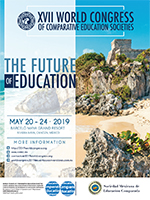
Keynote speakers
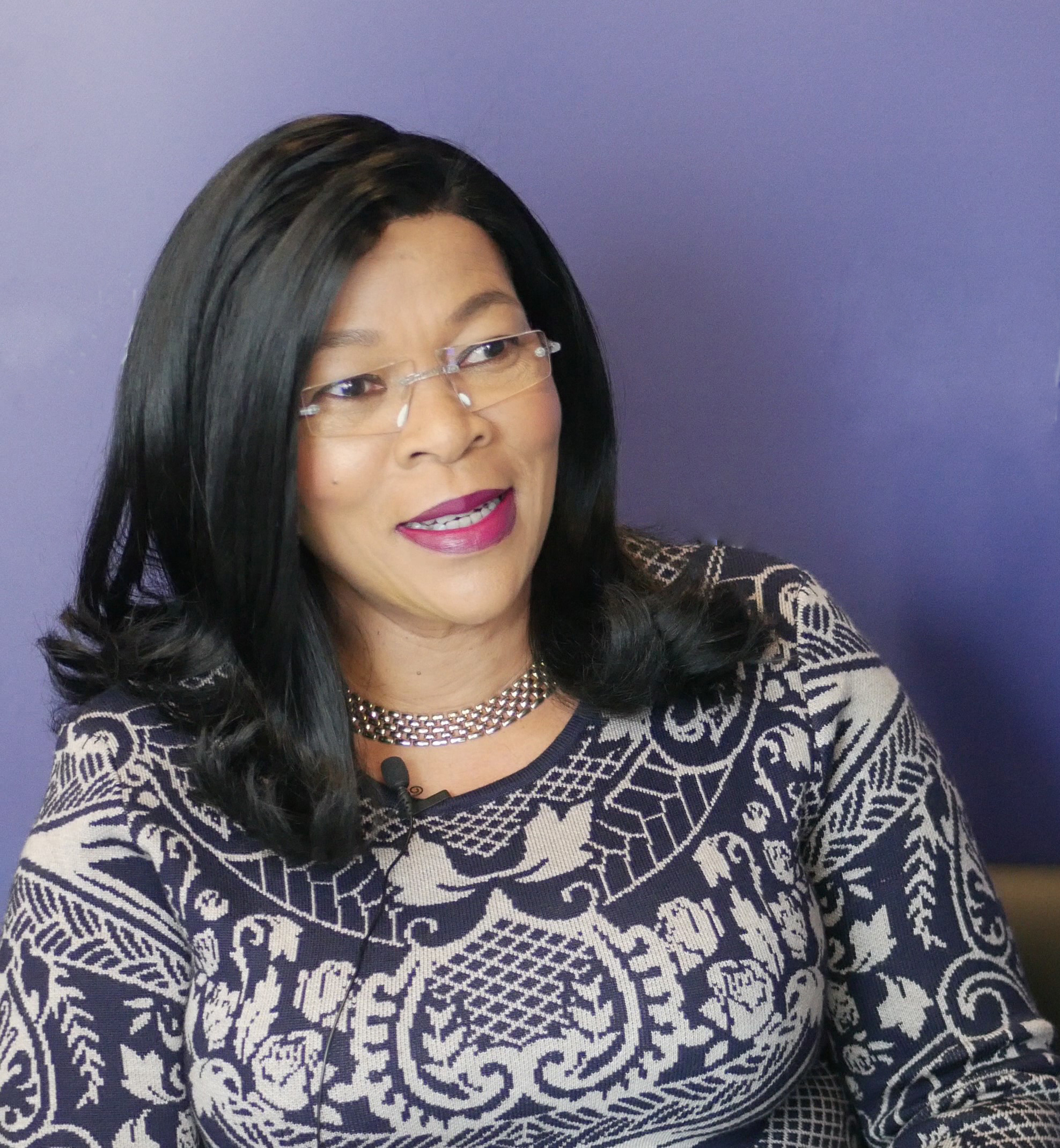 Mmantsetsa Marope
Mmantsetsa Marope
Director, International Bureau of Education (IBE-UNESCO)
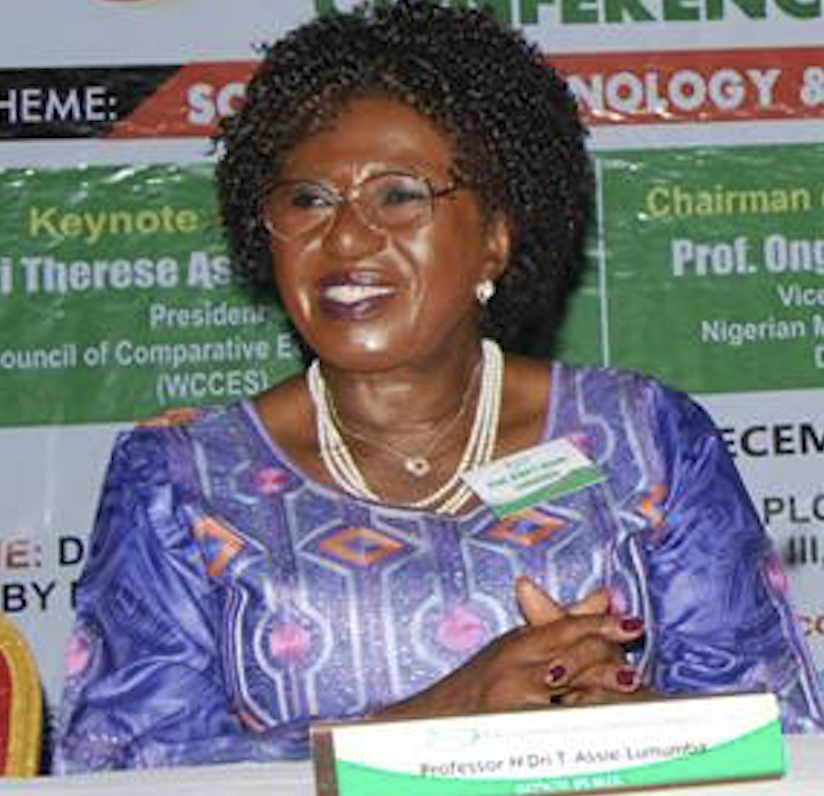 N'Dri Thérèse ASSIÉ-LUMUMBA
N'Dri Thérèse ASSIÉ-LUMUMBA
Africana Studies and Research Center, Cornell University, USA.
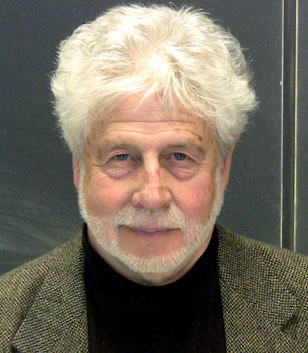 Robert Arnove
Robert Arnove
Chancellor's Professor Emeritus of Leadership & Policy Studies at Indiana University,Bloomington
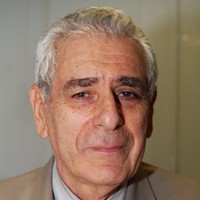 Norberto Fernández Lamarra
Norberto Fernández Lamarra
UNESCO Chair “Education and Future in Latin America”
Universidad Nacional de Tres de Febrero, Argentina
Highlighted Panel
Sustainable Development Goals, Human Rights and Global Citizenship Education
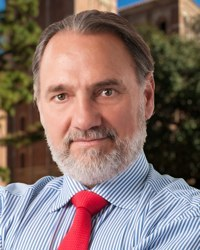 Carlos Alberto Torres, PhD
Carlos Alberto Torres, PhD
Distinguished Professor of Education.
UNESCO UCLA Chair on Global Learning and Global Citizenship Education
Golden Jubilee of Partnership between WCCES and UNESCO: Reflections and Ways Forward
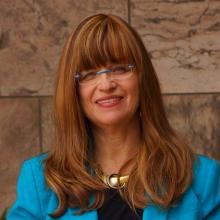 Zehavit Gross, PhD
Zehavit Gross, PhD
UNESCO Chair in Education for Human Values, Tolerance, Democracy and Peace.
Politics of Educational Reform in Latin America: Brazil, Cuba, Ecuador, and Mexico
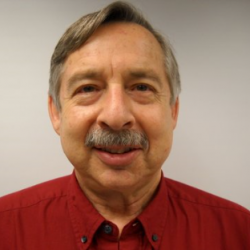 Mark Ginsburg, PhD
Mark Ginsburg, PhD
University of Maryland (USA).
Relationality and Learning in Oceania
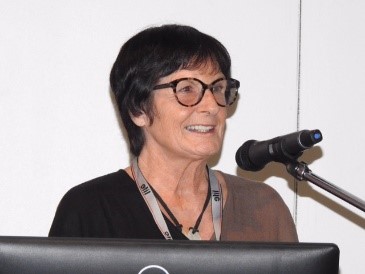 Eve Coxon, PhD
Eve Coxon, PhD
Professor, University of Auckland, New Zealand.
Special session
UNESCO’s Futures of Education Initiative
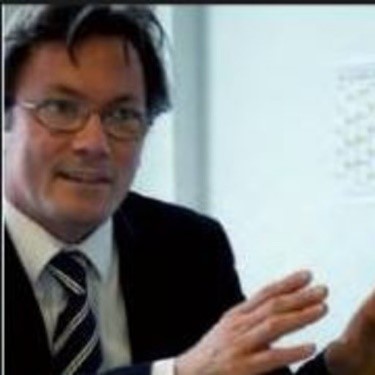 Sobhi Tawil, PhD
Sobhi Tawil, PhD
UNESCO Paris, France.
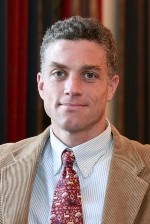 Noah W. Sobe, PhD
Noah W. Sobe, PhD
Loyola University Chicago, USA & UNESCO Paris, France
 Robert Arnove
Robert Arnove
Chancellor's Professor Emeritus of Leadership & Policy Studies at Indiana University,Bloomington
Conference: "The Ethical and Empirical Dimensions of Comparative Education"
Biosketch: Robert F. Arnove, Chancellor's Professor of Emeritus at Indiana University,Bloomington is a an Honorary Fellow and past president of the Comparative and International Education Society (CIES). He has been a CIES delegate to the World Council of Comparative Education Societies (WCCES) and has served as chair of its special projects committee. Winner of many distinguished teaching awards, he has been a visiting scholar at universities in countries ranging from Argentina to Australia. Over the past two decades, his co-edited textbook with Carlos Torres -- Comparative Education: The Dialectic of the Global and the Local (2013, 4th edition)-- has been a leading English language introduction to the field. (The text has been translated into Chinese, Japanese, Spanish, and Portuguese.) His research has focused on sociopolitical and educational change, as well as on literacy campaigns and popular education, philanthropy and cultural imperialism, and world-systems analysis. Arnove's latest single authored text is Talent Abounds: Profiles of Master Teachers and Peak Performers. He has been a teachers union president, a candidate for the U.S. Congress, and the president of an experimental theater company. Having worked in Latin America, since 1962, he is very pleased to be able to return to Mexico to participate in the XVII World Congress of Comparative Education Societies in Cancun.
Semblanza: Robert F. Arnove, profesor Emérito de la Universidad de Indiana en Bloomington. Miembro honorario y ex presidente de la Comparative and International Education Society (CIES). Ha sido delegado de CIES en el World Council of Comparative Education Societies (WCCES) y se ha desempeñado como presidente del comité de proyectos especiales. Ganador de distintos reconocimientos como profesor; ha sido profesor visitante en universidades de países que van desde Argentina hasta Australia. En las últimas dos décadas, su libro coeditado con Carlos Alberto Torres - Comparative Education: The Dialectic of the Global and the Local (2013, 4ª edición) - se ha destacado como texto introductorio al campo de la educación comparada, en inglés, aunque ya ha sido traducido al chino, japonés, español y portugués. Sus líneas de investigación se han centrado en el cambio sociopolítico y educativo, así como en las campañas de alfabetización y educación popular; filantropía e imperialismo cultural y análisis de los sistemas- mundo. Su texto más reciente es Talent Abounds: Profiles of Master Teachers and Peak Performers. Ha sido presidente de un sindicato de docentes, candidato para el Congreso de los EE. UU. y presidente de una compañía de teatro experimental. Habiendo trabajado en América Latina desde 1962, está muy contento de poder regresar a México para participar en el XVII Congreso Mundial de Sociedades de Educación Comparada en Cancún.
Conference: "The Ethical and Empirical Dimensions of Comparative Education"
Abstract: In this speech, I argue for the importance of combining philosophical and social perspectives and analyses for studying education systems comparatively. I suggest how the normative and empirical dimensions of comparative education research can be employed to illuminate the nature of education-society interactions, and how education systems function with what outcomes for differentially situated populations. The extent that we do so, the more likely it is that we as educationists can contribute to better informed and enlightened educational policies and practices, as well as to more just societies. My WCCES keynote address makes the case for universal, non- comprehensive approaches to studying and teaching about who pays and benefits from educational policies and practices in specific, historical, socio-cultural and political economic contexts. In addition to highlighting challenges to comparative educators as public intellectuals, my address asks us to not only resist deterministic conclusions about unfolding global economic and educational agendas but to envision the types of futures we desire for an increasingly interconnected world.
 Professor N'Dri Thérèse ASSIÉ-LUMUMBA, Ph D
Professor N'Dri Thérèse ASSIÉ-LUMUMBA, Ph D
Africana Studies and Research Center, Cornell University, USA.
Conference: “Temporality, Human Geography and Comparative Education: A Sankofa Perspective”
Biosketch: N’Dri Thérèse Assié-Lumumba is an internationally renowned Professor of African, African Diaspora and Comparative/International Education, social institutions, gender at Cornell University (New York, USA) where she is also a member of the graduate fields of Education; Global Development, and the Cornell Institute of Public Affairs (CIPA). She is the outgoing President of the World Council of Comparative Education Societies (WCCES), Vice-President of the Scientific Advisory Committee (SAC) of UNESCOS’s Inter-governmental programme for the Management of Social Transformations (MOST), and past President of Comparative and International Education Society (CIES). At Cornell she has served as Director of the former Cornell Program on Gender and Global Change (GGC) and as Director of the Graduate Studies (DGS) of Africana Studies. She is a Fellow of the World Academy of Art and Science, Distinguished Visiting Professor in the Faculty of Education at the University of Johannesburg (South Africa) and Extraordinary Professor in the Education Policy Studies Department at the Stellenbosch University (South Africa), Professor at the Abidjan Business School-École de Commerce (ABSEC) at Université Félix Houphouët-Boigny in Abidjan (Côte d’Ivoire), and Research Affiliate in the Institute for Higher Education Law and Governance of the University of Houston (Houston, Texas). She has been a Carnegie Diasporan Fellow in the Department of Sociology at the University of Ghana, a Fulbright Senior Research Fellow, a Ford Foundation/Cornell Africana Studies Fellow, Distinguished Visiting Professor at the American University in Cairo (Egypt), Visiting Professor at Hiroshima University (Japan), Chercheur Associé in Centre de Recherches Architecturales et Urbaines (CRAU) at Université Félix Houphouët-Boigny, and Resident Fellow at the UNESCO International Institute for Educational Planning (IIEP) in Paris (France). She is a member of many research networks including CODESRIA. She has published extensively articles in peer-reviewed journals on higher education, ICT, equity, gender, and knowledge production. Her authored, edited and co-edited books include Re-visioning Education in Africa: Ubuntu-Inspired Education for Humanity; Millennium Development Goals (MDGs) in Retrospect – Africa’s Development Beyond 2015; Women and Higher Education in Africa: Re-conceptualizing Gender-Based Human Capabilities and Upgrading Human Rights to Knowledge (translated in Spanish and French with translations in Chinese and Arabic in progress); Higher Education in Africa: Crises, Reforms, and Transformation; Cyberspace, Distance Learning, and Higher Education in Developing Countries: Old and Emergent Issues of Access, Pedagogy, and Knowledge Production; African Voices in Education. Les Africaines dans la Politique: Femmes Baoulé de Côte d’Ivoire. She has received many academic awards and honors. She studied at Université d’Abidjan (Côte d’Ivoire), Université Lyon II (France) earning 2 Licenses and 2 Maîtrises in History and Sociology, and the University of Chicago (Chicago, USA) where she received her Ph.D. in Comparative Education (Economics and Sociology) in 1982.
Conference: “Temporality, Human Geography and Comparative Education: A Sankofa Perspective”. In an ever fast-paced mode of functioning of society where the technological applications of science have been facilitating instant diffusion of information across time zones, the sense of the actual and perceived connections among the three classical dimensions of time calls for a reflection in conceptualizing, designing and implementing activities including those in the arena of educational ideas, knowledge production and acquisition and policies. The conceptual rapid speed of time between the past, present, and future, compels a pause for critical examination towards a desirable change. The African/Akan guiding wisdom embodied in Sankofa is represented by a mythical bird serving for individuals, groups, and communities as “a compass … to find themselves on the map of human geography” (Clarke 1996). Sankofa is reminder urging people to look back in order to reposition themselves to more strategically move forward in building the desired future. This future has two complementary components which are the distant future and the present future. One is too far and can be only imagined while the other is near and becomes the present which is perpetually poised to enter the universe of the past. The symbolism of the egg in the beak of the Sankofa bird denotes the future that is at the same time delicate and full of promise, encompassing the two dimensions of the future. Thus, comparative education along with its “twin” international component is challenged to contribute to at least attempting to imagine the far distant future while building the envisioned world with shared values of common humanity now.
 Mmantsetsa Marope
Mmantsetsa Marope
Director of UNESCO’s International Bureau of Education (IBE) since July 2014. She holds a Ph.D. in Education from the University of Chicago, a Master’s degree in Education from Pennsylvania State University, and a BA and a CCE from the University of Botswana and Swaziland. Within UNESCO, she has held several director positions including the Director of the Division for Basic to Higher Education and Learning. Prior to UNESCO, her work experience includes the World Bank, university teaching, academic networks, and consultancy services for governments, bilateral and multilateral agencies. She is on advisory boards of diverse academic, public, private sector institutions and development agencies. Her publications cover a wide range of areas in education. Dr. Marope holds many prestigious awards including: The World Bank Excellence Award for the Africa Region, Alumni Achievement Award from Pennsylvania State University, and Macmillan’s Best Setswana Novelist Award. She is an unwavering advocate and global thought leader on the transformation of education and learning systems towards innovative and constant self-renewal, quality, impactful effectiveness, current and future development-relevance, equity, inclusion, justice, and fulfilment for all. As the Director of IBE, her resolve is to propel and sustain the Bureau’s critical acclaim as the Global Center of Excellence in Curriculum and related matters
Conference: “Shaping the Future of Education or Shaping the Future Through Education”
The future of education has never been more debated than it is in the 21st century. Across virtually all noteworthy forums, debates echo escalating unease about the readiness of education and learning systems to prepare learners (both young and old) for the future. Most significantly, for a future whose detailed directions, challenges, and opportunities we cannot quite predict. At the core of this unease is the reality that change has become the only constant in the 21st century. It is a century of relentless, unpredictable, often disruptive waves of human-made and nature-driven change, touching all spheres of live. It has ushered issues pertaining to globalization, globalization 4.0, violent extremism, security, cybersecurity, food security, migration, immigration, displacement, climate change, unimaginable innovations, extraordinary human advancements and more. It is a century of “revolutions”: the information revolution, knowledge revolution, technology revolution, and now the fourth industrial revolution (I4.0); an unimaginable accelerant to what was already an overwhelming pace of change. Combined, these factors challenge the readiness of education and learning systems to prepare learners for a complex and unknown future. They raise pertinent questions about how we can make education and learning systems future-ready. They question the competences that learners must develop, if they are to lead productive and fulfilling lives in contexts of constant change. They ask if globalization 4.0 warrants global competences that everyone must have. These questions are at the heart of curriculum, and of comparative studies of curricula contexts. Though a pertinent debate, it bears a clear risk of pushing education and learning systems into a reactive future. This begs the question how proactive should education and learning systems be? Therein lies a new debate: Shaping the future of education and/or shaping the future through education: What can comparative education offer?
 Norberto Fernández Lamarra
Norberto Fernández Lamarra
UNESCO Chair “Education and Future in Latin America”
Director of Posgraduate Department at Universidad Nacional de Tres de Febrero, Argentina
Biosketch: Norberto Fernández Lamarra is Emiritus Professor, researcher (Category 1 –the maximum category in Argentina-) and national and international consultant in policies, planning, administration and assessment of education, specifically in comparative perspective and focus on Higher Education. He is also Director of Posgraduate Department at Universidad Nacional de Tres de Febrero (UNTREF) where heads:
InterdisciplinaryNucleusfor Professional Training and Studies in EducationDevelopment (NIFEDE –Núcleo Interdisciplinario de Formación y Estudios para el Desarrollo de la Educación-);
Posgraduate Program in Policy and Education Management;
Ph.DProgram in Policies and Management of Higher Education.
UNESCO Chair “Education and Future in Latin America” / UNITWIN Programme of UNESCO.
He is currently teaching in postgraduate programs at several universities in Argentina and in other Latin Americancountries.
FernándezLamarrapresides SAECE (Sociedad Argentina de EstudiosComparadosenEducación)and is Coopted Member of the World Council of Comparative Education Societies..Congress of the World Council of Comparative Education Societies (WCEES) being organized in Buenos Aires (24-28 June 2013) under the theme “New Times, New Voices: Comparative Perspectives for Education” He was vice-president of WCCES during 2010-2016.
In 2013, NobertoFernández Lamarra won the Paulo Freire Prize to the trajectory of research in Education in Latin America of the Latin American Studies Association (LASA).
Conference: “Situación, debates y desafíos futuros para la Educación Superior en América Latina, en perspectiva comparada” (Situation, debates and future challenges for Higher Education in Latin America, in comparative perspective)

 Mmantsetsa Marope
Mmantsetsa Marope N'Dri Thérèse ASSIÉ-LUMUMBA
N'Dri Thérèse ASSIÉ-LUMUMBA Robert Arnove
Robert Arnove Norberto Fernández Lamarra
Norberto Fernández Lamarra Carlos Alberto Torres, PhD
Carlos Alberto Torres, PhD Zehavit Gross, PhD
Zehavit Gross, PhD Mark Ginsburg, PhD
Mark Ginsburg, PhD Eve Coxon, PhD
Eve Coxon, PhD Sobhi Tawil, PhD
Sobhi Tawil, PhD Noah W. Sobe, PhD
Noah W. Sobe, PhD